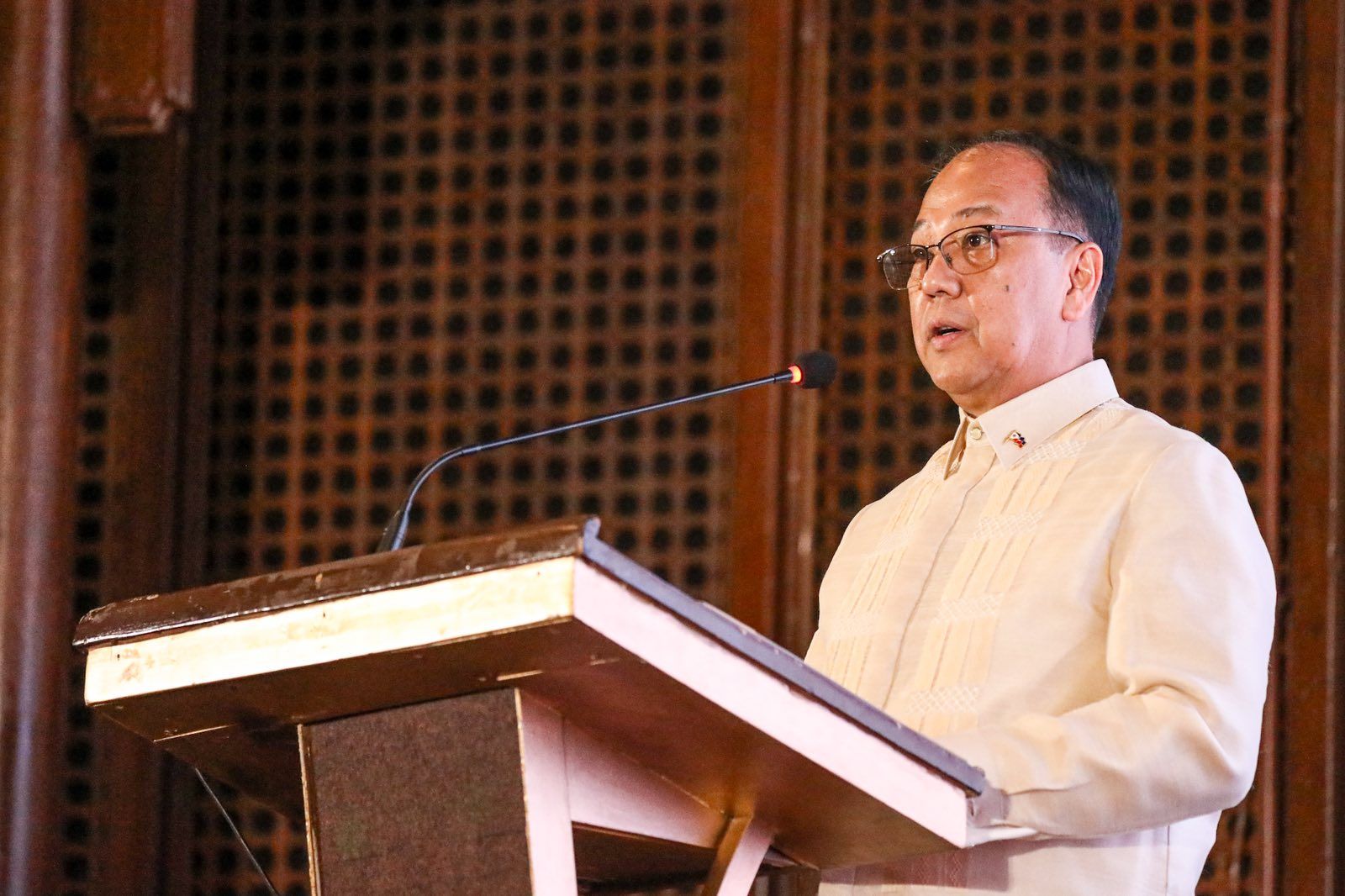Calls for appointment of BTA members' replacement up for discussion – Galvez

The proposed appointment by President Marcos Jr. of officials who will replace members of the Bangsamoro Transition Authority (BTA) who are seeking to run in the first ever parliamentary election in the Bangsamoro Autonomous Region in Muslim Mindanao (BARMM) next year will be discussed by the Office of the Presidential Adviser on Peace, Reconciliation and Unity (OPAPRU) with concerned parties.
This was the assurance given by OPAPRU Secretary Carlito Galvez Jr. even though he expressed support for the postponement of the BARMM election – originally set in May 2025 – to 2026.
“We will tackle it in the future,” Galvez told the Manila Bulletin when asked about the proposal of Senate President Francis “Chiz” Escudero to Marcos to name the replacement of BTA members who filed their certificate of candidacy (COC) for next year’s polls.
According to Escudero, 35 members of the 80-member BTA are running in next year’s election, effectively making them resigned from their posts and warranting replacements immediately.
But the BARMM government argued that such is not the case, citing instances during the past two elections in the now-defunct Autonomous Region in Muslim Mindanao (ARMM) where appointed officials were not considered resigned from their posts even after they filed their COCs for the 2013 and 2022 elections.
“Members of the parliament are not deemed resigned because their appointments are political in nature,” said Bangsamoro government spokesperson and Cabinet Secretary Mohd Asnin Pendatun.
For these reasons and more, Galvez is backing the postponement of the BARMM election to 2026.
“In order for us to have enough preparation and consolidation of our effort, we are moving for the resetting because I think I can say that the MILF [Moro Islamic Liberation Front] and BARMM will be more prepared if we will reset it to one year,” he said.
“I believe we really need to harmonize our effort on the first parliamentary elections,” he added.
Aside from unresolved issues on the status of BTA members, the peace adviser said that the national government should also consider the situation of Sulu, which has been excluded from BARMM as decided by the Supreme Court (SC).
It can be recalled that in September, the High Court upheld the validity of Republic Act No. 11054 or the Bangsamoro Organic Law, which provided for the establishment of BARMM as a political entity and its corresponding basic governmental structure, but it excluded Sulu from BARMM after the province rejected the law’s ratification.
Lawmakers are pushing for the establishment of a Sulu transition fund to prevent disruptions in the delivery of vital services in the province following the SC ruling.
“We wanted the transition plan for Sulu [to] be completed. It would be completed [within] one year or two years,” Galvez said.
Galvez also emphasized the need to finalize all the priority codes of the Bangsamoro government.
To date, two of the seven priority codes are still not passed by the Bangsamoro government – the Revenue Code and Indigenous Peoples (IP) Code. The codes – or priority legislations – that have been passed include the Administrative Code, Civil Service Code, Education Code, Electoral Code, and the Local Governance Code.
“We need to perfect all the codes so that it will not be vulnerable to any challenges in the future,” Galvez said.